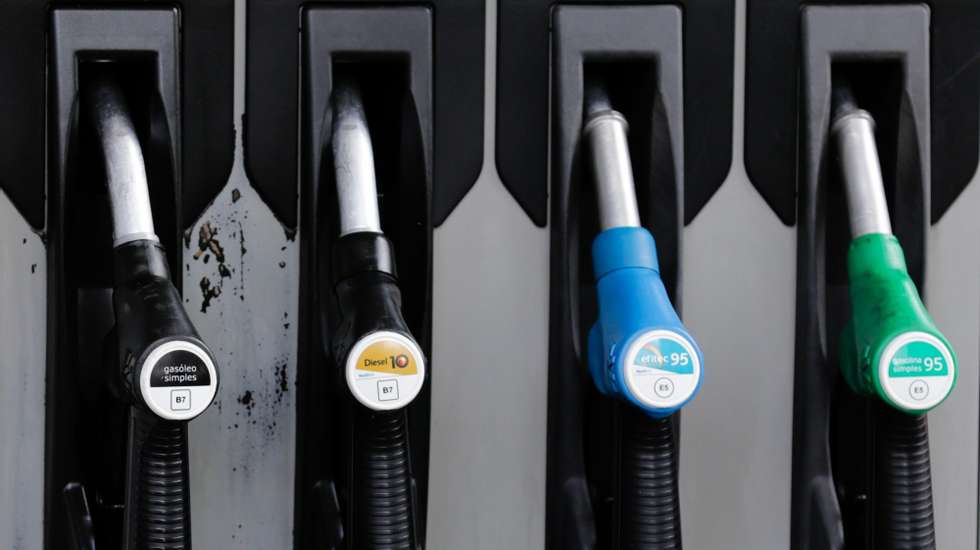One increase per week. In three weeks, the Government managed to recover a large part of the carbon tax that had been partially frozen since the exceptional measures to support fuel prices in 2022.
The same trend will be repeated next week and, instead of a drop in final prices, prices will probably remain the same due to the latest increase in additional CO2, which will lead to an increase, with VAT, of two cents for diesel and 1.8 cents for gasoline.
With the latest partial unfreezing of this rate, whose ordinance will come into force next Monday, the updates amount in accumulated terms to 7.5 cents per liter for diesel and 6.9 cents per liter for gasoline, including the effect of VAT. However, motorists They did not feel the impact of this increase on your pocket because, during this period, final prices even fell by about half a cent for diesel and almost five cents for gasoline.
These increases are justified by the gradual unfreezing of the carbon tax, an extraordinary measure approved by the previous Executive to contain the rise in prices. Once again, the ordinance signed by the Secretary of State for Finance, Cláudia Reis Duarte, invokes the recommendations of the European Commission to progressively eliminate this compensation, in addition to promoting green taxation and the decarbonisation of the economy.
With this increase, the additional tax on CO2 emissions will now be 81 euros per tonne of CO2, a value that is already very close to what should have been charged since the beginning of the year, taking into account the evolution of CO2 prices: 83.5 euros per tonne of CO2.
There is therefore very little room for price increases (around one cent per litre or even less) to reach that level, according to a market source.
Once the carbon tax owed has been fully recovered, the big question is what the Government will do about the other component of the fuel price subsidy. What is at stake is the Reduction of taxes on petroleum products to replicate the effect of applying a VAT rate of 13% instead of 23%. This price support measure, also inherited from the previous government, cost 600 million euros in lost revenue and was supposed to be temporary. But the current government has not yet indicated what it intends to do.
Because it is more difficult to raise taxes on fuel than on food
Although the international price situation is favourable to a recovery of the tax burden without pain for motorists – that is, without increasing prices or causing inflation – this is a reality that can change at any time, as a consequence of the so-called geopolitical shock.
Source: Observadora
